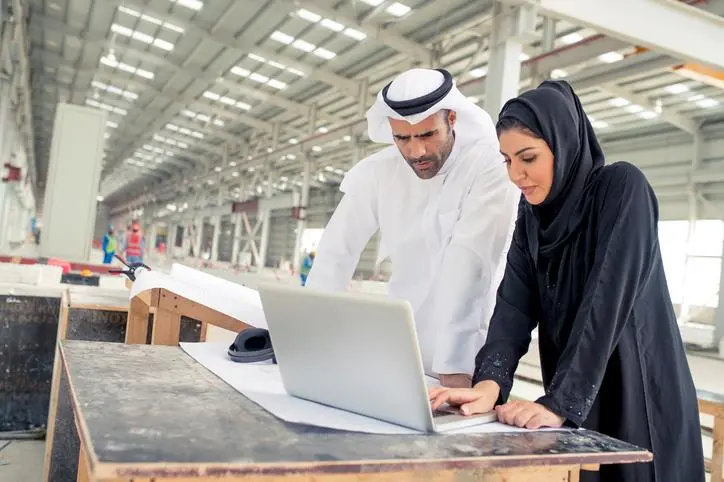PHOTO
In the age of the Internet of Things, drones, AI and blockchain, there is a need for exponents of the Islamic economy to ensure that fast emerging technologies align with Muslim values, panellists at the Global Islamic Economy Summit 2018 (GIES) said.
"Instead of focusing on new technologies, we should focus on problems to solve. We should think of solutions for the problems that affect people and use technology to develop them. Creating the technology is the easy part, but getting people to adopt it is the challenge," said Muhammed Aurangzeb Ahmed, Principal Data Scientist at KenSci Inc, who was one of the panellists at the session entitled 'Innovation at the Edges'.
"Depending on the context, focusing on the Muslim niche can be a good or a bad idea. It can sometimes lead to missed opportunities, failing to see that said good idea can benefit the wider community, not just Muslims," said Ahmed.
Joining the panel were James Faghmous, Computer Scientist at Stanford University; and Sofie Lindblom, CEO at Ideation360.
Future trends of the Islamic economy dominated discussions on the first day of the GIES.
Held under the patronage of His Highness Sheikh Mohammed bin Rashid Al Maktoum, Vice President and Prime Minister of the UAE and Ruler of Dubai, GIES 2018 is gathering key decision makers, policymakers, government officials, business leaders and industry experts from around the world to discuss opportunities and challenges in the global Islamic economy. The session entitled "Social Impact Entrepreneurship" discussed how the Islamic economy can play a bigger role in addressing global social challenges.
Katherine Budd, Co-Founder, Now Money, used the discussion to highlight what she said was a gap in social investment in Islamic products because of a perception that they were niche - a perception that she said was wrong.
"There's no point thinking as something as niche when it represents 25 per cent of the global population. You would never develop a product for children or the elderly and have investors say it is niche. Halal products can grow well beyond their original intended market. Facebook is a great example. It started out as a means for university students to communicate and look at where it is now. Halal socially conscious products and services have the same potential," she said.
Another panel discussion focussed on Islamic fintech and the development of new and innovative products for digital banking, payment solutions, robo-advisory, and digital currencies and how they can being adapted to be Shariah compliant.
"Banking is a sophisticated market and the customer demand is exponential, Fintech is a great equaliser for the banking methodology and to be able to take advantage of the change in the way of banking is the way forward," said Afaq Khan, chairman, Al Rajhi Bank.
A session entitled 'Global Islamic Economy Influencers,' took a closer look at how people can create an environment that fosters change and progress within the Islamic economy.
"My goal is to be a change-maker; I want to make a difference. Everybody wants change but nobody wants to change - that's a very important point. I strongly believe that every single person can be a change-maker and can make a difference. You need to identify your roles in life and align your goals. You can drive positive change," said Lamya Al Haj, Assistant Professor at Sultan Qaboos University, Oman. GIES 2018 is gathering over 3,000 delegates and features a comprehensive program of key-note speeches, panel discussions, presentations and seminars.
Copyright © 2018 Khaleej Times. All Rights Reserved. Provided by SyndiGate Media Inc. (Syndigate.info).





















